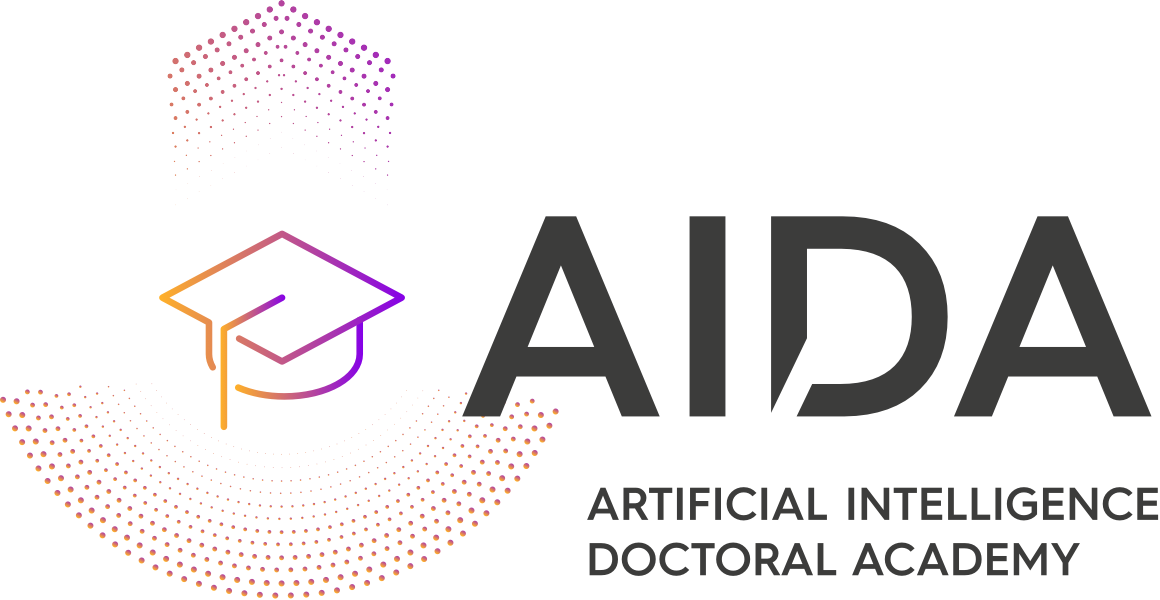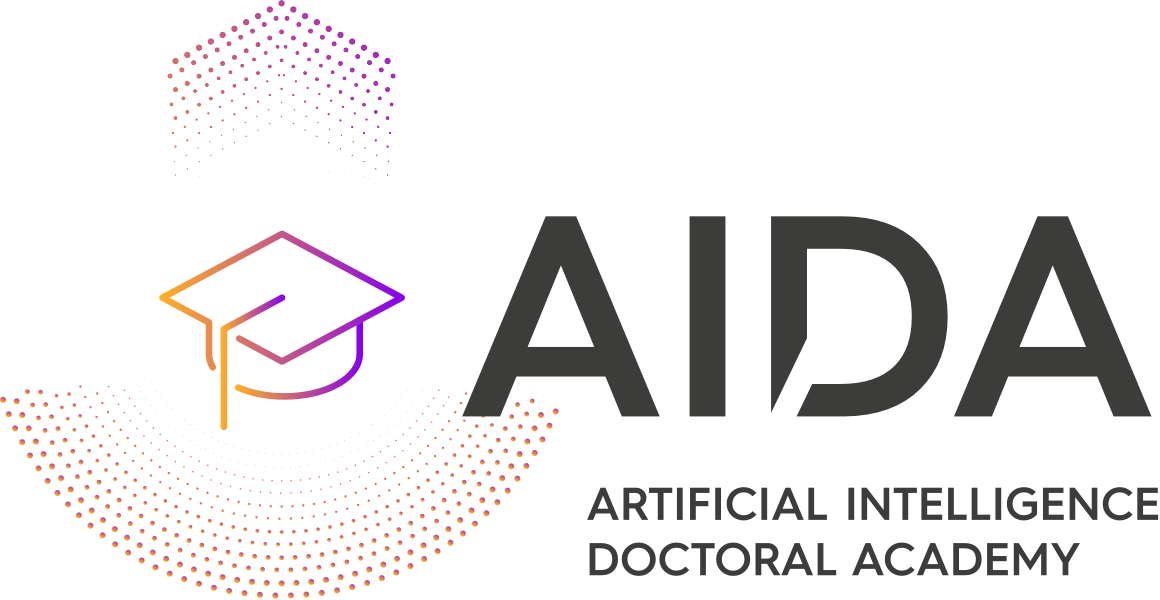Music/Sound Analysis and Synthesis
Level
Foundation, Intermediate, Niche, Theory, Algorithmic, Methodological.
This topic concerns machine learning for audio/music/sound analysis, synthesis/generation and retrieval, with an emphasis on real-world applications.

Learning outcomes
Knowledge

Students should be able to:
- Understand/describe the basics of digital audio signal representation and processing.
- Understand/describe common algorithms for music tagging, transcription, indexing, retrieval, synthesis, similarity estimation, tempo estimation and instrument recognition, as well as audio source separation, acoustic scene classification, sound event detection and acoustic anomaly detection.
skills




Students should be able to:
- Analyse and develop (in C/C++, MATLAB or Python) the taught semantic audio analysis algorithms, by practically applying their gained knowledge in a systematic manner.
- Evaluate the accuracy of semantic audio analysis algorithm implementations on suitable datasets, by employing common and appropriate task-specific metrics.
Application




Students should be able to:
- Work effectively with others in an interdisciplinary and/or international team.
- Design and manage individual projects.
- Clearly and succinctly communicate their ideas to technical audiences.



 Back to List
Back to List